CIA Whistleblower Reflects on the Persecution of Julian Assange
By Jeffrey Sterling
It is difficult to talk about happenings in the world other than the continued, appalling Russian invasion of Ukraine and the recent mass shootings in Buffalo, Uvalde, Chicagoland, and elsewhere. Then, there is the Supreme Court which continues down a judicial road of eroding personal rights and towing the conservative party line. I don’t want to take attention away from those outrages. However, the shadow of one tragedy is not dispelled by the light of another.
Complete transcript of the trial of CIA whistleblower Jeffrey Sterling

News and Commentary
WHISPeR: Whistleblower & Source Protection
5 Tips for Speaking Safely to the Press as a Federal Employee
If you are within the government and thinking about disclosing fraud, waste, abuse, gross waste or mismanagement or lawbreaking to the media, here are our top 5 tips to stay safe. There is a way to speak out as safely as possible, but it takes caution and strategy. Read more »
Watch the video announcement of WHISPeR
You can make a secure donation to WHISPeR here:
https://whisper.networkforgood.com/
For Whistleblowing, Journalism & Democracy
ExposeFacts aims to shed light on concealed activities that are relevant to human rights, corporate malfeasance, the environment, civil liberties and war. At a time when key provisions of the First, Fourth and Fifth Amendments are under assault, we are standing up for a free press, privacy, transparency and due process as we seek to reveal official information—whether governmental or corporate—that the public has a right to know.

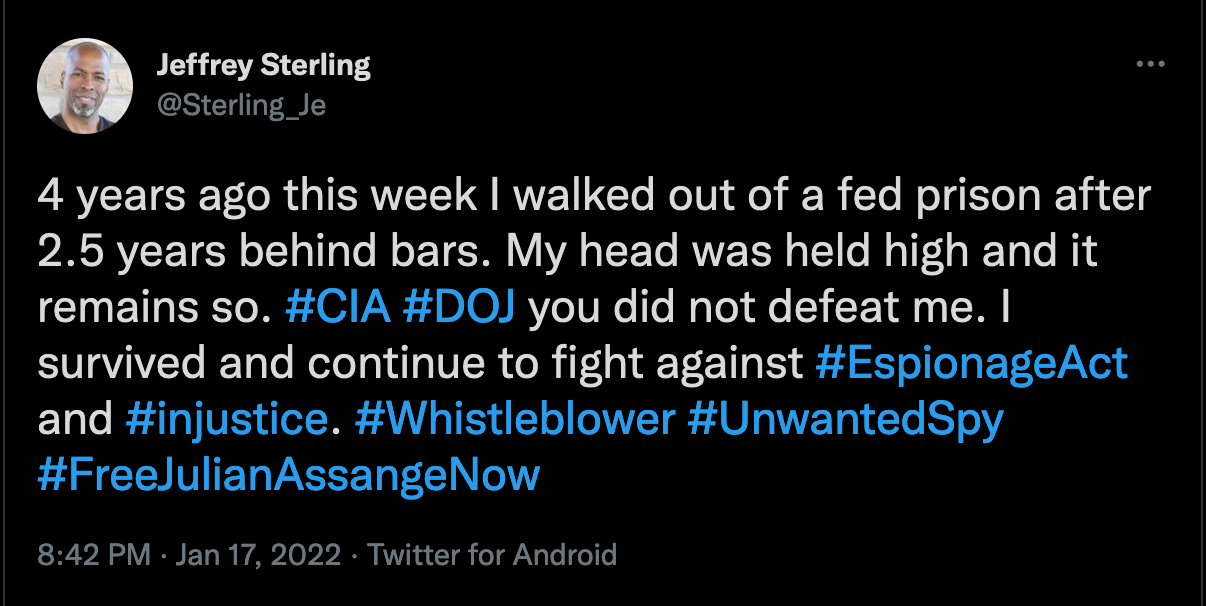

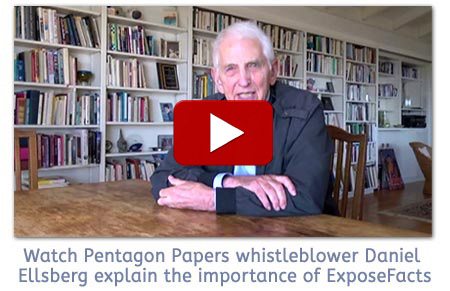


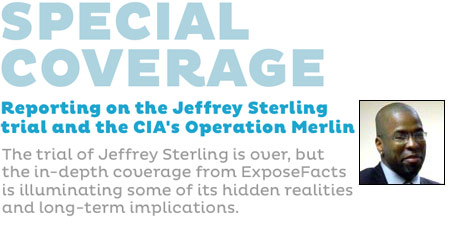
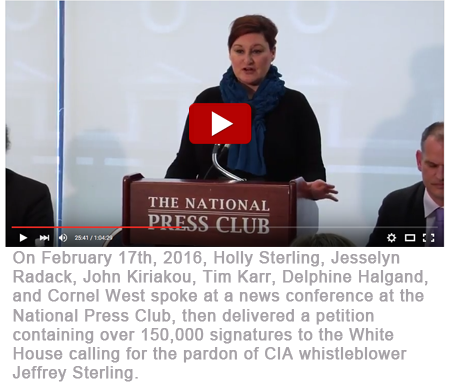
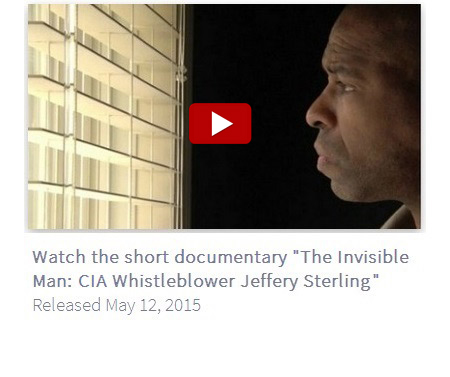
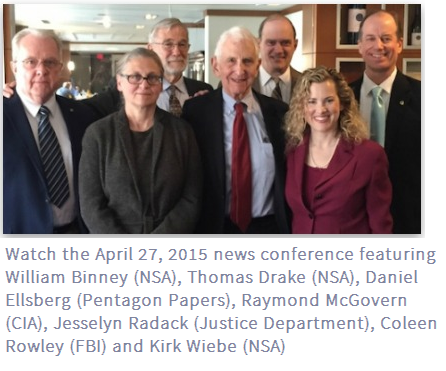
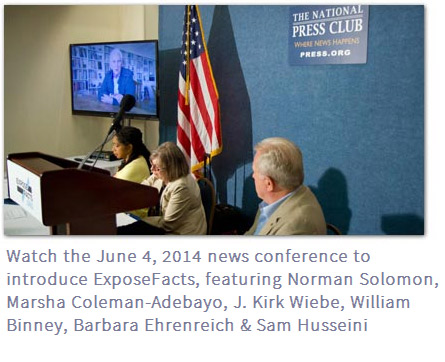
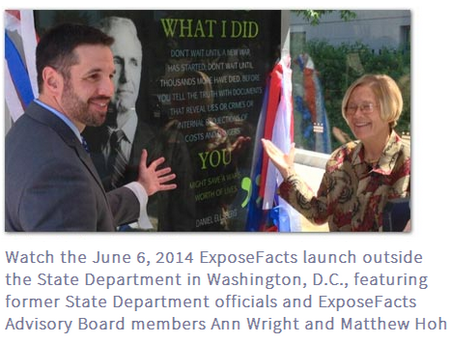

Federal whistleblowers illegally fired after exposing ‘chaos’ at Trump’s HUD
by Maximillian Alvarez: The Real News Network
Last week, The Real News Network published a bombshell interview with two federal whistleblowers working in the Department of Housing and Urban Development (HUD). TRNN Editor-in-Chief Maximillian Alvarez spoke with Paul Osadebe and Palmer Heenan, two attorneys in HUD’s Office of Fair Housing, about the “chaos” that has upended HUD under the new Trump administration, and the vulnerable Americans who are being systematically abandoned as a result.